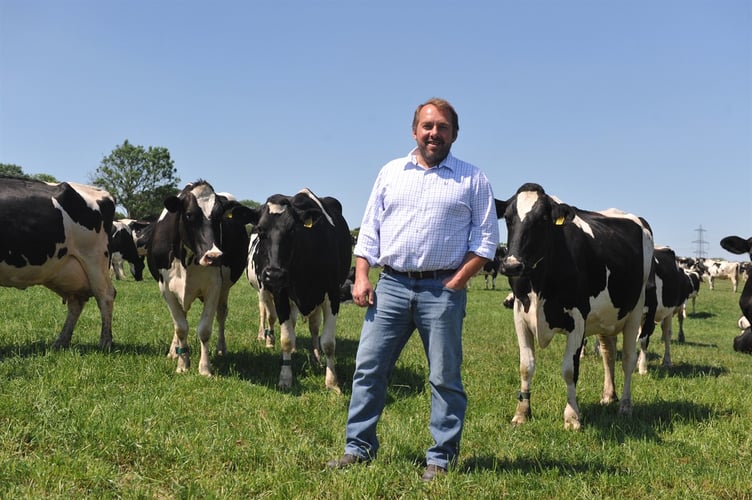NFU Cymru has supported Welsh Government’s announcement that all standard interpretation Inconclusive Reactor (IR) cattle in Wales, that test negative at the re-test from January 1, 2026 onwards, will remain restricted to their holding for life.The announcement, made this week by the Deputy First Minister, Huw Irranca-Davies MS, follows scientific evidence which demonstrates that IRs are three times more likely to become TB reactors than clear-tested cattle.
Welsh Government has now confirmed a start date for this change of January 1, 2026, which was originally announced in the Senedd on May 13, 2025.
“In our evidence to the Welsh Government bTB Technical Advisory Group (TAG) on this issue last autumn, we highlighted the legitimate reasons why some farmers may need to move these animals off their holdings in exceptional circumstances, for example, a change in tenancy or because of severe weather conditions. As a result of our evidence, we are pleased that an exceptional circumstances provision has now been included in the guidance.
“Welsh Government’s new bTB governance structures are now fully operational and NFU Cymru welcomes the opportunity to sit around the table with other stakeholders from the Welsh cattle industry, Welsh Government and APHA to discuss TB policy. This policy change in respect of resolved IRs is a good example of this new governance structure working proactively and positively. However, we continue to impress the need for urgency and for the scale and pace of progress to be accelerated. For those people who are dealing with bovine TB on a daily basis, progress towards eradication feels slow and often non-existent.
“The total number of animals slaughtered in Wales between July 2024 and June 2025 was 13,032, an increase of 11 per cent from the previous year. This staggering figure shows the magnitude of the challenge we face in getting on top of, and eradicating, this disease from our countryside. It also paints a sobering picture of the total anguish being experienced by farming families affected by the hugely damaging impacts of the disease. This is why we continue to call for a comprehensive TB eradication strategy that actively tackles the disease in all its vectors,” said Mr Lewis.
Pembrokeshire farmer Roger Lewis is no stranger to the devastation wrought by TB. In 2018 he lost 78 of his best and most productive cows to bovine TB and the anguish has never left this third-generation farmer.
“It is not until you are affected by it personally that you realise the impact it can have on you, your family and your workforce,” she said speaking in 2021.





Comments
This article has no comments yet. Be the first to leave a comment.